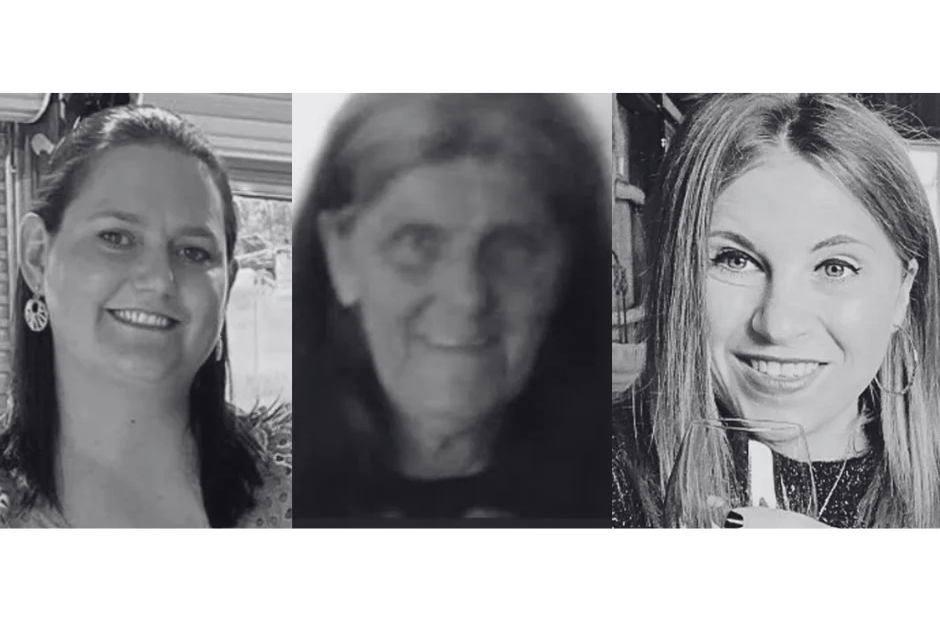
Content warning: this article discusses domestic and family violence.
This week, in just 24 hours, the lives of three women violently ended. Two of those lives were lost following alleged domestic violence incidents. The third life was lost in an alleged drive-by shooting.
Louise Hunt, a domestic violence advocate, died after her family home went up in flames. Her two children were also at home at the time, but were found safe and well, police confirmed. Her husband, Cameron Hunt, has been charged with the domestic violence murder of his wife and arson of the home.
Claire Austin died from her injuries after she ran through a glass door, in a desperate attempt to flee an alleged domestic violence incident. Following the incident, police applied for an apprehended violence order on behalf of Austin, The Herald reports. The application was due to be heard in Waverley Local Court on Wednesday.
Watch: Cameron Hunt charged with murder and arson over wife Louise Hunt's death. Article continues after the video.
Kim Duncan was in the supposed safety of her own home when it was sprayed with bullets. The mother and grandmother died at the scene.
So far, in 2025, 19 women have been murdered. During this time, five children have also been murdered.




























































































